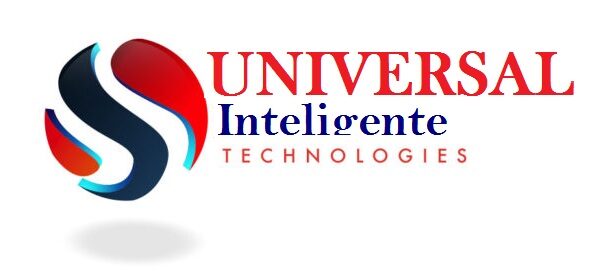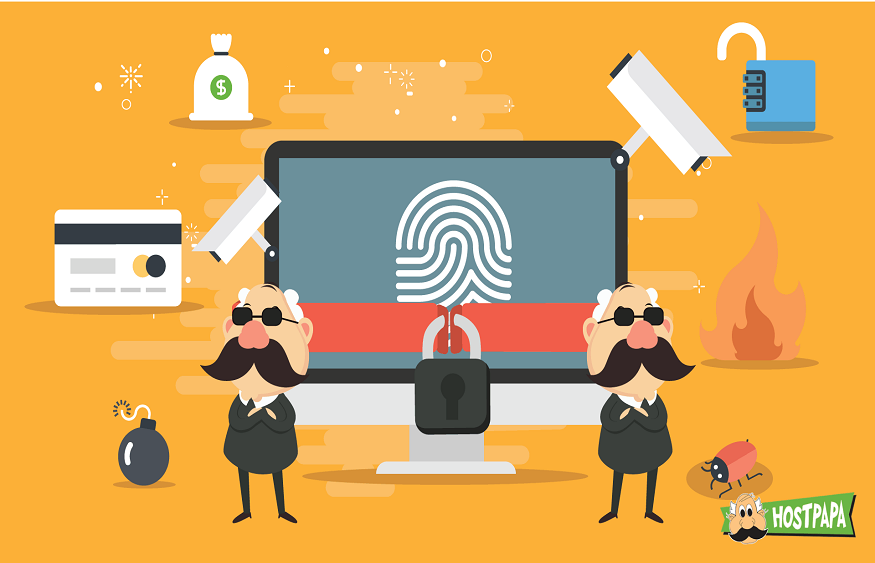As WordPress continues to dominate the digital landscape, powering millions of websites worldwide, it has also become a prime target for hackers and malicious actors. With the potential risk of data breaches, unauthorized access, and other cyber threats, ensuring the security of your WordPress site is of utmost importance.
In this article, we will delve into the various aspects of website security and equip you with the knowledge and tools to fortify your WordPress fortress. From understanding common vulnerabilities to implementing robust security measures, we’ll walk you through step-by-step strategies to protect your website from potential risks.
Whether you’re a seasoned WordPress user or just starting your online journey, mastering website security is critical to providing your visitors with a safe and seamless experience. Let’s dive in and uncover the best practices for safeguarding your WordPress website, so you can navigate the digital landscape with confidence.
In today’s digital world, website security holds immense significance. It is essential to adopt effective measures to shield your website from hackers and harmful software, ensuring the protection of sensitive user data, fostering trust, and warding off potential harm to your online reputation. By incorporating actions like creating strong passwords, keeping software up to date, utilizing robust firewalls, and following secure coding practices, you can greatly bolster your website’s security, providing a safer online environment for both yourself and your visitors.
The Importance of Secure and User-Friendly Login Forms on Your Website
Hackers commonly employ a straightforward method to infiltrate WordPress websites, exploiting their login forms. Through repetitive guessing of usernames and passwords, attackers can potentially gain unauthorized access to the website’s backend.
To counter such attacks, it is crucial to establish robust protection for the login form. This entails effectively limiting the number of login attempts from a specific IP address and automatically locking out that IP address after a specified number of failed attempts. By implementing this measure, brute force attacks can be thwarted, significantly enhancing your website’s overall security.
In their relentless pursuit of unauthorized access to WordPress login credentials, hackers often resort to utilizing brute force techniques. They use automated tools to systematically try numerous combinations of usernames and passwords until they find the correct one. However, by implementing solutions such as plugins, the number of login attempts allowed for a user is restricted, significantly increasing the level of difficulty for hackers attempting to breach your website’s security, and providing an additional layer of protection.
Securing Your Digital Pathway: The Significance of an SSL Certificate for Website Protection
SSL certificates play a crucial role in guaranteeing the security and privacy of website visitors. By encrypting the communication between a website and its users, SSL certificates prevent unauthorized access to sensitive information, such as personal data and financial transactions. This trust-building measure not only safeguards users’ data but also enhances the credibility and reputation of a website, making SSL certificates an indispensable component for every website aspiring to establish a secure online environment.
An SSL certificate acts as a digital guarantee, encrypting the information exchanged between a website and its users. This encryption is essential for protecting sensitive data, including login credentials, financial details, and personal information.
Without a valid SSL certificate, a website becomes vulnerable to data interception by malicious individuals. To mitigate this risk, it is imperative to ensure that your website possesses an SSL certificate.
By doing so, your website will automatically redirect all non-HTTPS requests to the HTTPS protocol, ensuring that all data transmitted between your website and its visitors remains protected and secure.
Optimizing Performance and Security: The Importance of Regular Website Maintenance and Updates
WordPress, being a dynamic platform, constantly evolves through the introduction of new features and security patches. Neglecting to update the WordPress core, themes, and plugins on your website can leave it vulnerable to various security risks.
To mitigate these dangers, prioritizing regular updates for WordPress, themes, and plugins is crucial. This can be achieved by either manually updating them or utilizing plugins designed to automatically upgrade them to their latest versions.
Moreover, maintaining an up-to-date website entails addressing issues such as outdated content, broken links, low-quality links, and URL typos. These factors can significantly impact website traffic, user engagement, and conversions. Thankfully, the WP 301 Redirects plugin provides an effective solution to tackle these challenges, preventing any negative impact on your website’s performance.
By eliminating bad links, you can enhance the user experience and improve search engine rankings by redirecting outdated or broken links to fresh, relevant pages. This plugin also ensures that potential customers don’t abandon your site due to URL issues or outdated content, as it redirects them to the correct pages or updates the information accordingly.
Running a website requires ongoing maintenance and adjustments. However, these adjustments can sometimes render the site inaccessible or lead to a subpar user experience. To address this, you can utilize the WP Maintenance plugin, which allows you to put your website into maintenance mode during the update process. This helps avoid any negative experiences for your users and ensures a seamless update procedure.
The Critical Significance of a Secure Website
The security of a company’s website holds paramount importance, as it guarantees the safeguarding of valuable business data, customer information, and online assets. A secured website instills trust in customers, strengthens brand reputation, and mitigates potential cyber threats and data breaches that could lead to substantial financial losses and harm the company’s credibility. Investing in robust website security measures is a proactive approach that not only protects sensitive information but also contributes to the long-term success and sustainability of the business in today’s digital landscape.
In the contemporary digital age, safeguarding your company’s website through regular backups, controls, testing, and recovery measures is crucial. By implementing these practices, you ensure the preservation of valuable data and customer information, mitigate potential risks, and maintain seamless operations even during unforeseen incidents.
Adopting a comprehensive website protection strategy provides peace of mind, enabling your business to recover swiftly from setbacks, minimize downtime, and safeguard your online presence and reputation.
Final words
In conclusion, implementing essential strategies for website protection is crucial in today’s digital landscape. With WordPress being a prime target for hackers and malicious actors, ensuring the security of your website is of utmost importance. From securing user-friendly login forms and obtaining SSL certificates to performing regular maintenance, updates, and backups, each measure contributes to a safer online environment. By proactively addressing potential risks and vulnerabilities, you can foster trust, preserve your website’s reputation, and provide a seamless and secure experience for your visitors. Embracing these practices empowers you to navigate the dynamic online world with confidence, safeguarding your valuable online presence.

